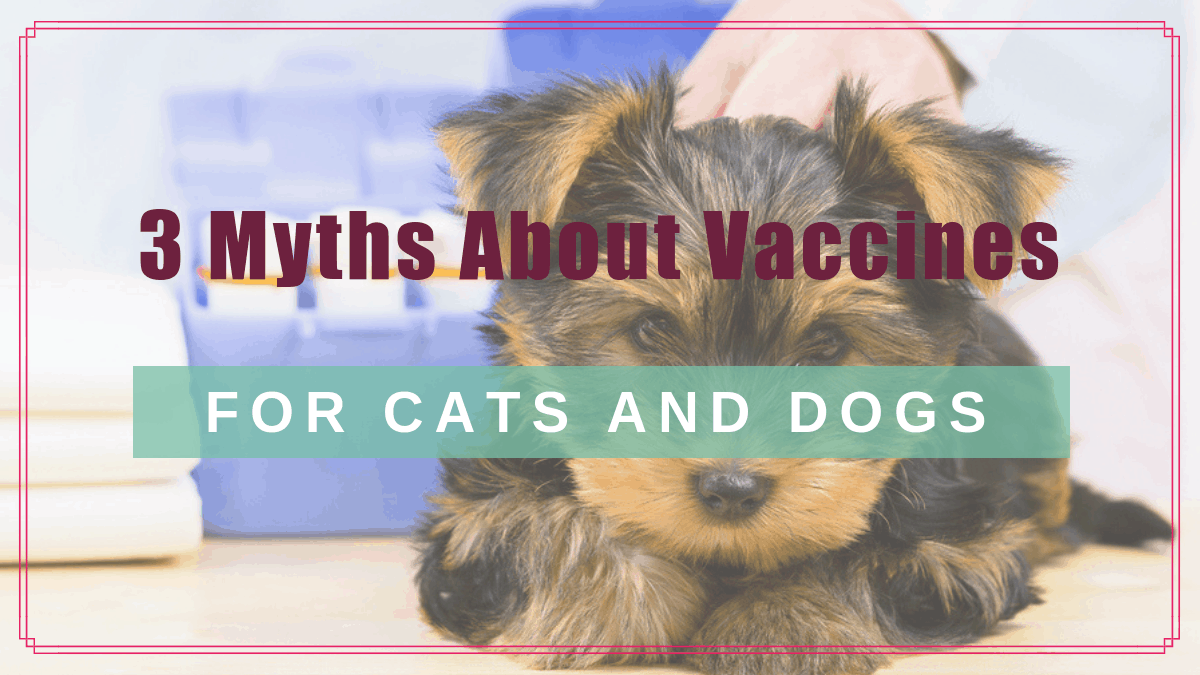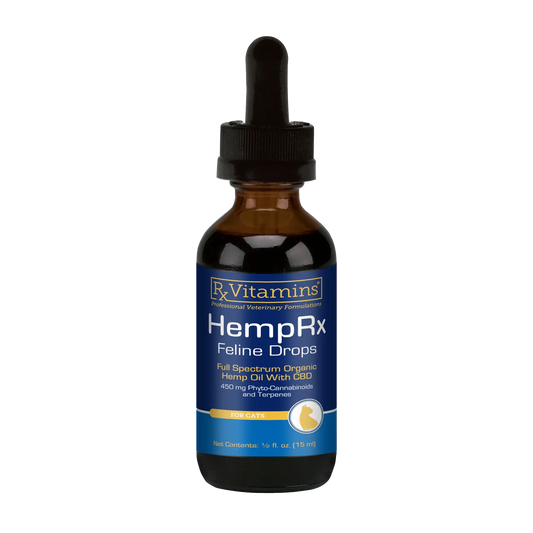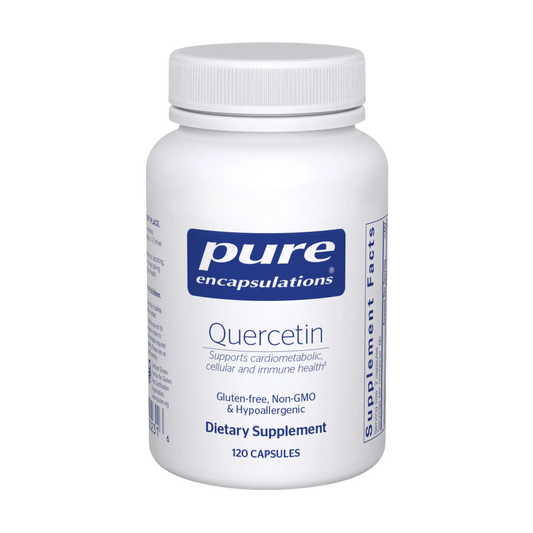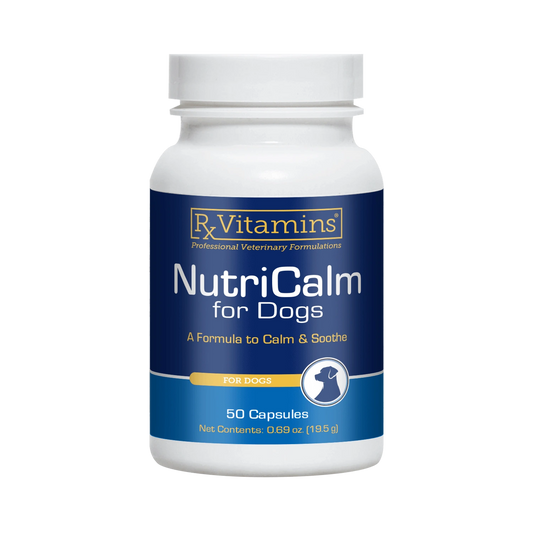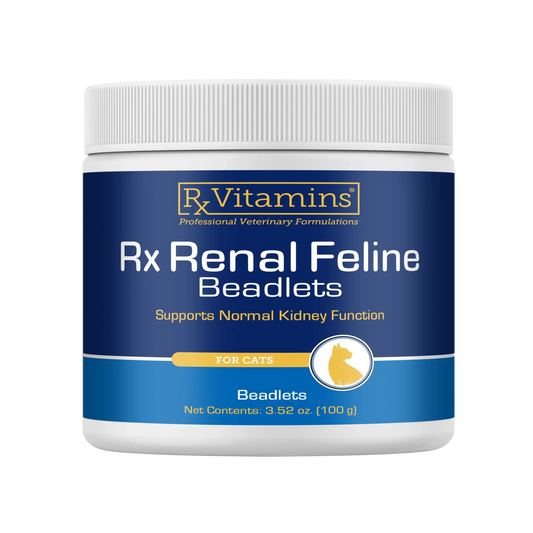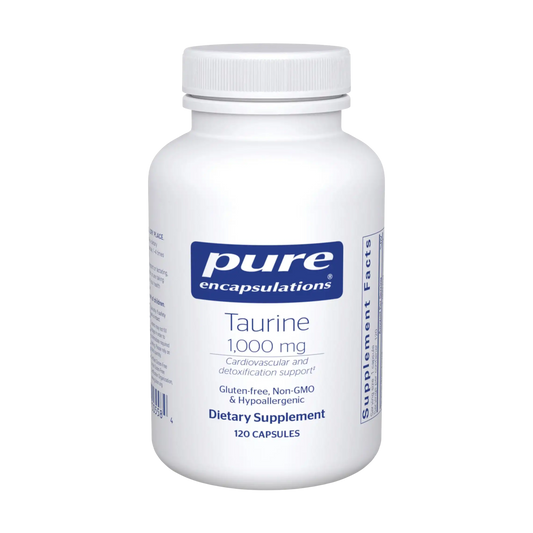Ready to bust some myths? Many clients seek to have an informed and honest conversation about vaccines since it's a hot topic. As your pet’s guardian, you should be their medical advocate. To help you make important medical decisions and to carry out treatment, find a good veterinarian. All pet parents need proper education about their pet’s vaccine schedule. I see some things online or in social media that drive me nuts! As a result, I collected three common myths about vaccines:
1. One shot gives lifetime protection.
Because of great intentions, this myth was born. Consequently, a lot of pets are at risk due to thinking one shot can cure all. Most guardians don't know the dangers of this way of thinking. How long does immunity for a vaccine last? A lot of factors come into play.
First, the type of vaccine is key. For example, studies exist showing leptospirosis vaccine lasts about a year. Rabies vaccine lasts for at least three years.
Second, the age of the animal upon vaccination. An 8-week old puppy who received a vaccine for the parvovirus may not develop antibodies due to the mother’s antibodies in the blood stream. Studies show that ‘maternal antibodies’ probably start to disappear around 6-8 weeks. Maternal antibodies will stop immunity development while they are present.
Third, the cat or dog itself. At 1 year old, we vaccinated my dog for distemper. Several years later we checked his blood for immunity but found no trace. So, he received no lifetime immunity from the shot during his first year. It can be deadly if my dog gets exposed to a dog with distemper.
2. Vaccines don’t work.
Avoid any generalization with vaccines. Some vaccines work better than others. Let’s consider a few examples: A kennel cough or bordatella vaccine won't always work. Two reasons: First, kennel cough comes from a variety of bacteria and viruses. All the possible combinations can't be present in one vaccine because of different manufacturers. Second, bacterial vaccines like kennel cough appear less effective compared with vaccines for viruses.
3. Vaccines are safe/unsafe.
Speaking of live beings, using words ‘always’ and ‘never’ can be problematic.
Vaccines sometimes cause sickness. Dogs and cats can have different degrees of adverse reactions. Thankfully, most reactions seem minor. However, some vaccine reactions can become lethal. For example, vaccines can start autoimmune disease in dogs. More information about vaccine reactions can be found here. Certain vaccines have also been linked to a specific type of cancer in cats. To avoid or lessen risks of vaccine related sarcomas (cancer) in cats, request for vaccines from Merial with no adjuvant.
Vaccines sometimes counteract illness. Many dogs and cats get vaccinated safely and without incident. Now, some of you might say how too many vaccines can cause long-term disease or even increase the risk of cancer. We can only speculate. Right now we just don’t know enough.
My indoor cat got vaccinated once as a kitten and never again. Now he has severe inflammatory bowel disease and he requires steroids to absorb food. With a high-quality diet and only one round of antibiotics, he still got sick. Vaccines are probably not to blame for chronic diseases. I vote for genetics, early neutering and environmental contaminants.
Many times, the disease you want to vaccinate for is a FAR greater risk than an adverse vaccine reaction. If you live in an area that is rich with the parvovirus, not having your puppy vaccinated for the parvovirus can bring deadly consequences. Remember it's much safer to vaccinate than to not vaccinate.
In conclusion:
We can make vaccines safer by not giving several vaccines at the same time, in my opinion. Vaccinate healthy animals for what they are at risk to develop only can also help.
At the end of the day, vaccination requires risk-assessment. Weigh the risk of the vaccine against the risk of contracting the disease. Like I mentioned earlier, consider this for one vaccine at a time. It is important that you make honest and open discussions with a trusted veterinarian.
Want more information about pet care? Submit your information below and I will send you regular updates about caring for your pets holistically.
With love,
Dr. Angie
